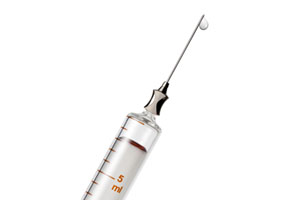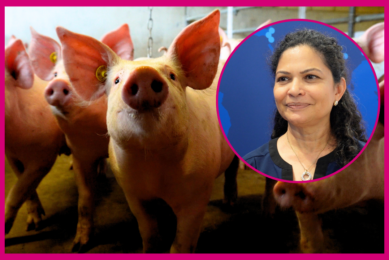Dutch ag minister: Accept emergency vaccination

The Netherlands minister of agriculture has said to remain fully committed to obtaining international acceptance of emergency vaccination as a legitimate measure in the fight against infectious animal diseases.
This refers specifically to ’emergency vaccination to live’, meaning that there will be no requirement to cull the vaccinated animals. The issue has been included in a letter sent by Sharon Dijksma, minister of agriculture, to parliament recently, reports Dutch agricultural newspaper Boerderij Vandaag.
In the letter, she summarises the state of affairs in this file. The Netherlands is in Europe’s forefront when it comes to the use of emergency vaccination with marker vaccines, addressing outbreaks of diseases such as Classical Swine Fever (CSF) and Foot-and-Mouth Disease (FMD). In the aftermath of the epizootics of CSF in 1997 and FMD in 2001, it has become clear that society no longer accepts mass culling of apparently healthy animals as a control measure.
In recent years the Netherlands has managed to achieve the EU’s acceptance of emergency vaccinations. However, the marketing of animal products from vaccinated animals remains to be settled. It is also not clear how foreign countries, in particular outside the EU circle, will react if the Netherlands is to apply emergency vaccination in the fight against disease.
Dijksma said there is a steadily increasing number of countries within Europe moving (toward) or positively considering emergency animal vaccination. Germany has included in its legislation a requirement that emergency vaccination be considered instead of culling, provided that an approved vaccine is available. The minister also stated that France considers emergency vaccination as a control measure in case of animal disease outbreaks.
She wishes to hold consultations with the UK this year , on the application of emergency vaccination. The US, Canada, Australia, and New Zealand accept emergency vaccination ‘for life’.
Within the International Organization for Animal Health (OIE), the ministry intends to support relaxation of standards. Dijksma said there is no scientific evidence to justify delays in the recovery of the disease-free status of countries following their use of certified vaccines.











